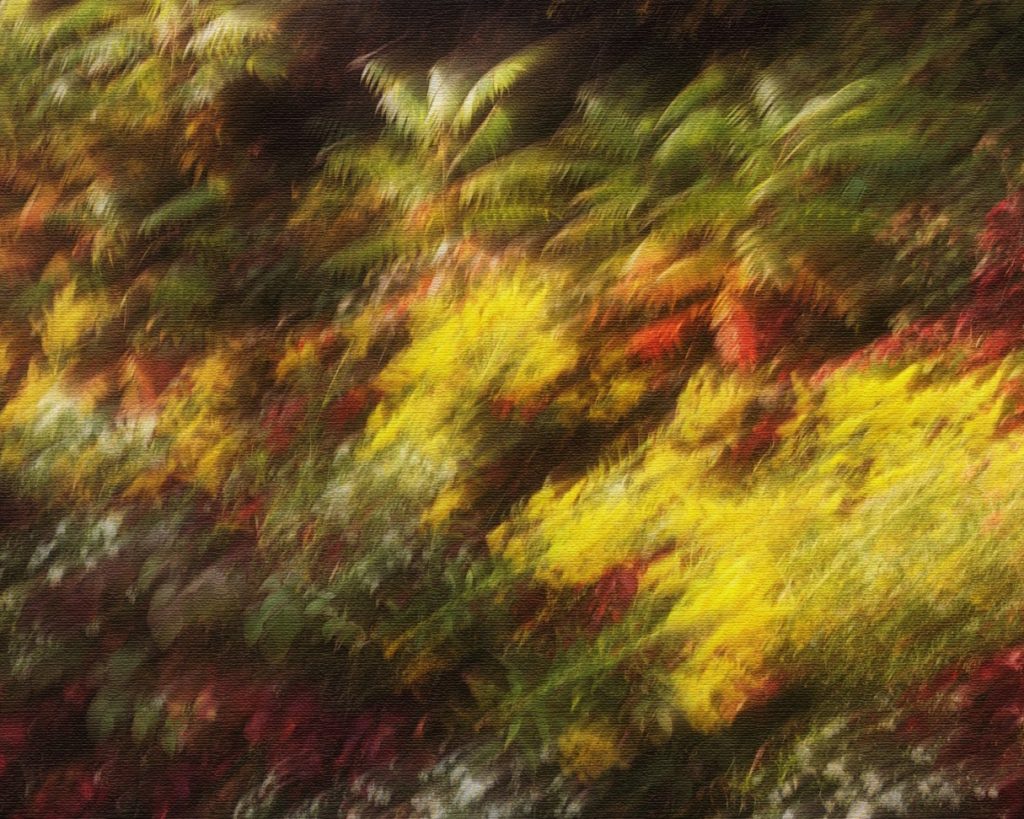Dear friends,
Democracy understood as a living entity. For our second volume in 2023, Green Agenda presents a forum weaving through Tim Hollo’s recent book, Living Democracy: An ecological manifesto for the end of the world as we know it. Published late last year, many of us have been engaging and thinking with its key ideas for some time now.
Exploring the proposal as an ecological, political, social justice, and theoretical project, our authors highlight different aspects of what cultivating living democracy means.
Our contributions are grounded in and written from within different parts of the left and environmental movement. As a whole the issue brings together diverse perspectives on what’s at stake and how to pursue the politics of living democracy.
The latest issue
In her piece on the reality of our plight, Jo Vallentine, long-term peace and anti-nuclear advocate and former senator for Western Australia, reflects on the “starting point for our discernment – that of an ecological community”. Working with the knowledge of the inter-connectedness of everything is vital, she insists. Our ability to truly understand the problems we face, both at the local and global level, rests on this shift. Living democracy names this way of seeing and doing politics with others and nature.
The Greens project, “stem[ming] from an environmental foundation, has blossomed into an interwoven anarchic attempt to bring about an equitable world in which we can all live in fulfilling connection and harmonious community”. In their intimate and careful essay, Ro Phoenix Bersten interrogates the Greens’ project by posing questions that open it up to intersectionality — the multitudes at the margins. To keep that anarchic fire going, we must recommit to consensus decision-making. Much of Ro’s essay is a careful exposition of these politics as a way of staging a dialogue with Tim’s book. At the same time, they write, we must work as co-conspirators against Indigenous assimilation, in favour, of First Nations sovereignty.
Underscoring Tim’s reading of Gramsci, Adam Bandt, current leader of the Australian Greens and the Federal Member for Melbourne, reminds us of the simplicity of Living Democracy’s thesis: “that we rapidly construct new institutions based on a new ‘common sense’ and use them to withdraw our consent from the existing”. By putting our energy into new and lively networks of care and reciprocity while withdrawing from the old, we choose to cultivate living democracy.
In her piece Lee Rhiannon, former state and federal Greens MP for NSW, shows why encouraging and pursuing “different pathways for progressive change is essential”. In the name of our “ecological and equality politics, and radical democracy”, allowing for alternative though linked progressive paths to transformative change is what will ensure a future for all. A democracy that has meaning, consists of an ecological approach to our politics.
In my piece (Carlos Morreo), I turn to Tim’s powerful opposition between ‘ecology’ and ‘anti-ecology’. It structures the thinking in his book and, like him, I think it should play a greater role in the analyses of our politics and our future. Capitalism and colonialism are historical and institutionalised anti-ecology, so we should oppose them with ecological politics, with living democracy. In the essay, I also try to say something about the whiteness of environmentalism and racialisation, to restate some of the argument of Living Democracy along decolonial lines.
We round out the issue with a conversation between Anthony James and Tim Hollo, of the RegenNarration podcast. In the recording, you’ll hear Tim and Anthony examine alternative forms of governance and new forms of justice to support communities. (I know Tim has just finished an audiobook version of the book, which should be out soon too.) But the conversation also looks at a range of ideas from the book, the lessons and experiences of Barcelona en Comú and Participatory City in London, the significance of the community independents movement, the radical experience of Kurdish democratic confederalism, the work of Elinor Ostrom, among other ideas. You could finish here or perhaps listen to the exchange first and then read the articles!
In the issue:
- We mustn’t shy away from the reality of our plight by Jo Vallentine
- The multitudes at the margins by Ro (Phoenix) Bersten
- A New Common Sense by Adam Bandt
- Living democracy: not a blueprint, but a pathway by Lee Rhiannon
- Like futurology by Carlos Morreo
- Changing what’s possible, living democracy by Anthony James and Tim Hollo
Support us by sharing the work or by making a regular donation or becoming a patron.
Take care,
Carlos Morreo
Editor, Green Agenda
Naarm/Melbourne
Image credit. Feature image, 2020 Abstracts by Chris McPhee (CC BY 2.0 DEED).
